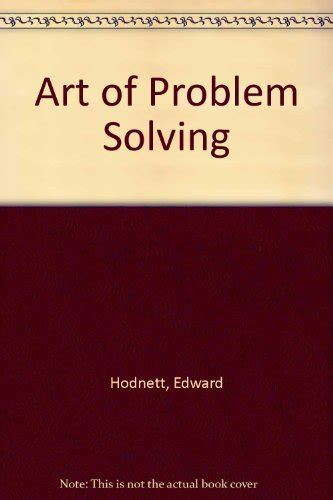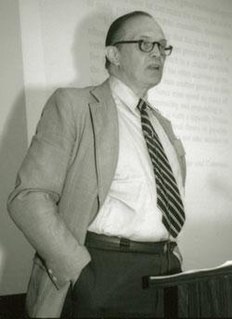A Quote by Orson Scott Card
One mind can think only of its own questions; it rarely surprises itself.
Related Quotes
Our Last Will and Testament, providing for the only future of which we can be reasonably certain, namely our own death, shows thatthe Will's need to will is no less strong than Reason's need to think; in both instances the mind transcends its own natural limitations, either by asking unanswerable questions or by projecting itself into a future which, for the willing subject, will never be.
It is the mind that tells you that the mind is there. Don't be deceived. All the endless arguments about the mind are produced by the mind itself, for its own protection, continuation and expansion. It is the blank refusal to consider the convolutions and convulsions of the mind that can take you beyond it.
The great philosophers of the 17th and 18th centuries did not think that epistemological questions floated free of questions about how the mind works. Those philosophers took a stand on all sorts of questions which nowadays we would classify as questions of psychology, and their views about psychological questions shaped their views about epistemology, as well they should have.
Usually, when making a film, the surprises are negative surprises. You don't get what you wanted or what you hoped for. The only nice surprises are those that are offered to you by actors when they offer you these gifts, when they are better and give you more than what you had originally conceived. That doesn't happen every day on set, but if it happens a couple of times in the course of making a film, you can consider yourself very lucky.


































